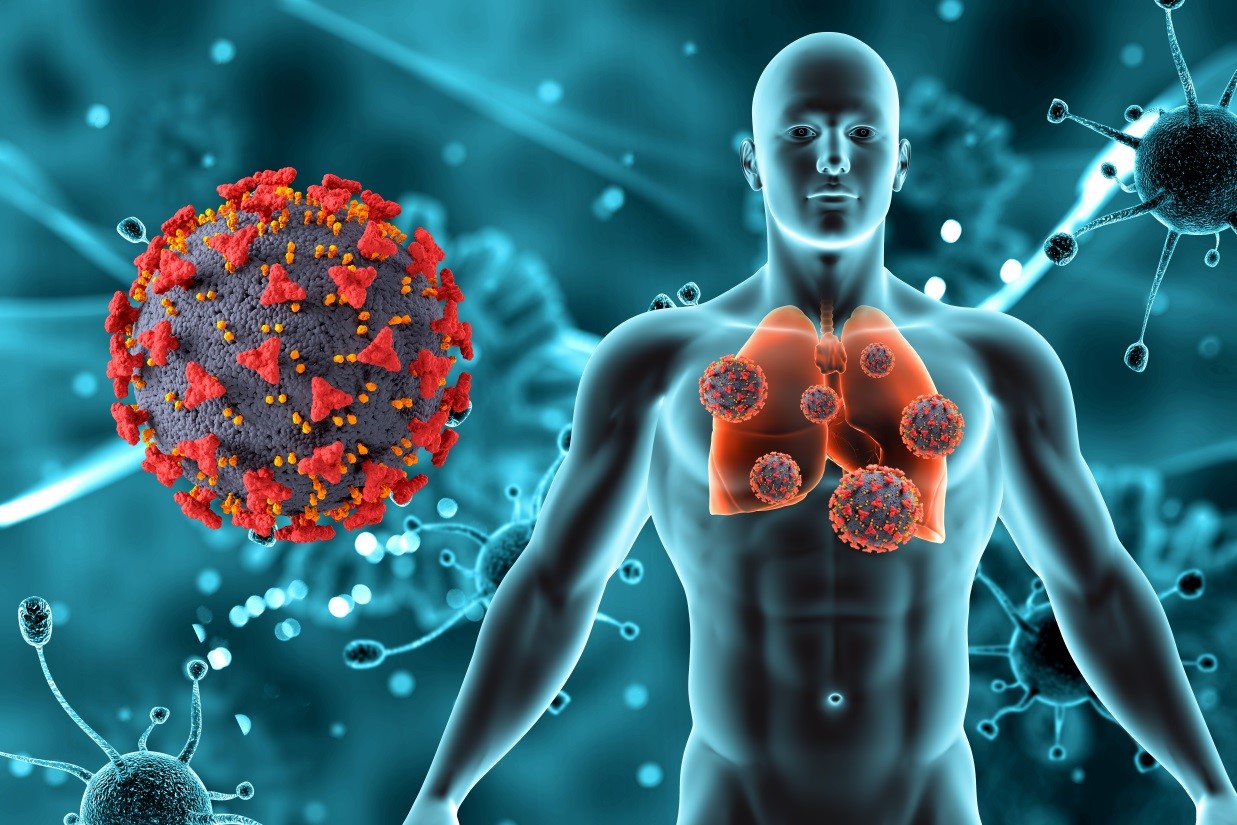Autoimmune diseases are a group of disorders that result from an abnormal immune system attack on healthy tissues in the body. There are over 80 different types of autoimmune diseases, each with its own set of symptoms and effects on the body. Rheumatoid arthritis, lupus, and multiple sclerosis are a few prevalent autoimmune illnesses.
These diseases can be difficult to diagnose and treat, as symptoms can vary widely and may mimic other conditions. While the exact cause of autoimmune diseases is not fully understood, genetics, environmental factors, and infections may all play a role in their development.
Normally, the immune system protects the body from infectious agents and foreign invaders by recognizing and destroying them. However, in autoimmune diseases, the immune system becomes overactive and mistakenly attacks cells, tissues, and organs in the body, causing damage and dysfunction. The prevalence of autoimmune diseases is increasing in the world, and they affect millions of people globally. In this essay, we will discuss autoimmune diseases, their causes, symptoms, diagnosis, and treatments.

Autoimmune diseases occur when the immune system fails to differentiate self-cells from foreign cells. Normally, immune cells are trained to recognize and attack foreign invaders, such as bacteria, viruses, and parasites, while sparing the body's tissue cells. However, in autoimmune diseases, something goes wrong, and the immune system mistakenly targets healthy cells, tissues, and organs. This can result in inflammation, damage, and dysfunction of the affected tissues. There are over 80 known autoimmune diseases, such as rheumatoid arthritis, lupus, multiple sclerosis, type 1 diabetes, and psoriasis, among others.
The causes of autoimmune diseases are still not fully understood, but researchers believe that several factors contribute to their development. Genetic predisposition is one of the major risk factors for autoimmune diseases. If someone has a family member with an autoimmune disease, they are more likely to develop the same or a related condition. Environmental triggers, such as infections, toxins, and stress, can also trigger autoimmune diseases in genetically susceptible individuals. For example, a viral infection can trigger the immune system to mistakenly attack healthy cells, leading to an autoimmune disease.
The symptoms of autoimmune diseases can vary widely, depending on the affected organs and the severity of the condition. However, some common symptoms include fatigue, joint pain and stiffness, muscle weakness, skin rashes, fever, and digestive problems, among others. Autoimmune diseases can affect any part of the body, from the eyes, ears, and nose to the heart, lungs, and kidneys. The symptoms can also be intermittent or chronic, and they can fluctuate in severity over time.
Diagnosis of autoimmune diseases can be challenging, as the symptoms can overlap with those of other conditions and there is no single definitive test for autoimmune diseases. A combination of medical history, physical examination, and laboratory tests can help diagnose autoimmune diseases. Blood tests, such as antinuclear antibodies (ANA), rheumatoid factor (RF), and anti-dsDNA, can detect the presence of autoantibodies, which are markers of autoimmune diseases. Imaging tests, such as X-rays, ultrasounds, and MRIs, can also help identify any tissue damage caused by autoimmune diseases.
Treatment of autoimmune diseases aims to control the overactive immune system, reduce inflammation, and improve the symptoms and quality of life of patients. Depending on the type and severity of the autoimmune disease, different treatment options are available. Medications, such as nonsteroidal anti-inflammatory drugs (NSAIDs), disease-modifying antirheumatic drugs (DMARDs), and biological therapies, can help control inflammation and slow down the progression of the disease. Lifestyle modifications, such as maintaining a healthy diet, regular exercise, stress reduction, and avoiding smoking, can also improve the symptoms and reduce the complications of autoimmune diseases.
Prevention of autoimmune diseases is still not possible, as the causes and risk factors are not fully understood. However, some measures can help reduce the risk and severity of autoimmune diseases. Regular exercise, a healthy diet rich in fruits, vegetables, and whole grains, and adequate sleep can boost the immune system and reduce the risk of infections and chronic diseases, which can trigger autoimmune diseases. Avoiding exposure to toxins, such as chemicals, pollutants, and heavy metals, can also reduce the risk of autoimmune diseases.
Living with autoimmune diseases can be challenging, both physically and emotionally. Patients with autoimmune diseases may experience chronic pain, disability, and reduced quality of life. They may also face social stigma, discrimination, and financial burden due to their condition. Support groups, counseling, and advocacy organizations can help patients with autoimmune diseases cope with their condition, learn about the latest treatments and research, and connect with others who share their experiences.
In conclusion, autoimmune diseases are a complex group of disorders that require active management. They can cause a range of symptoms that may have significant impacts on the daily lives of those affected. With the right medical treatment and lifestyle changes, individuals can manage their symptoms and live a fulfilling life. It's crucial to seek medical attention if you suspect you may have an autoimmune condition and take measures to prevent its development. Adequate support is invaluable and, in some ways, life-saving, for individuals living with autoimmune disease.
Visit Our Shop For Various Healthcare Products